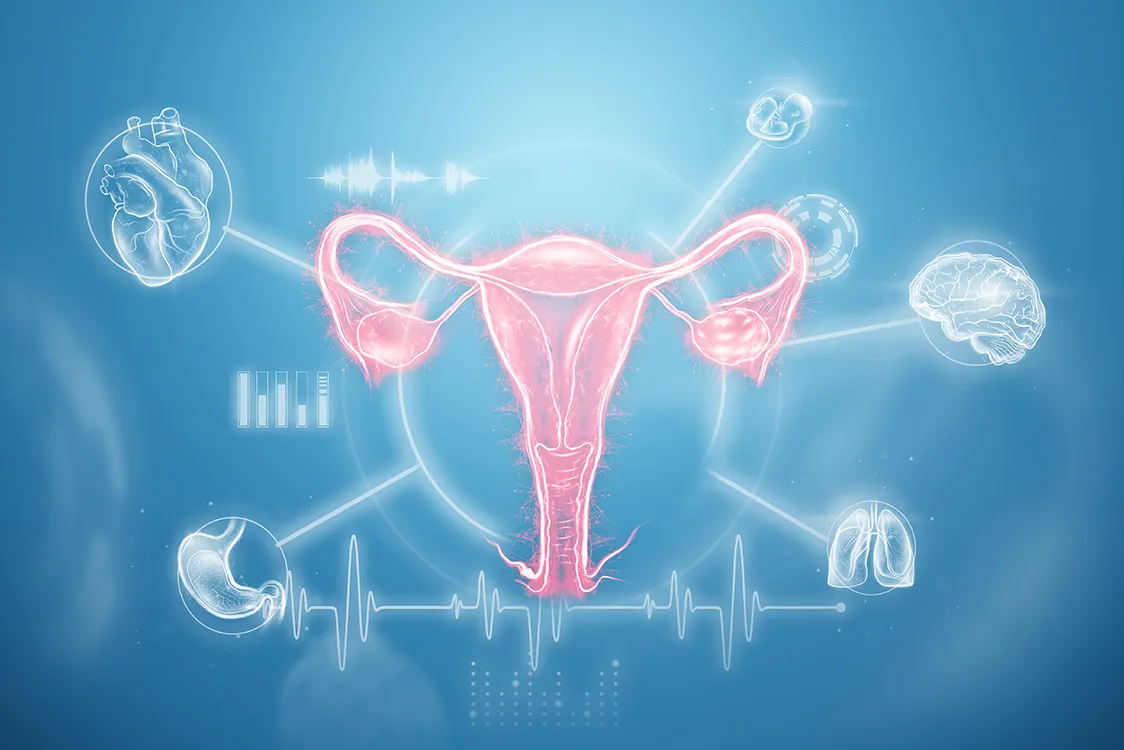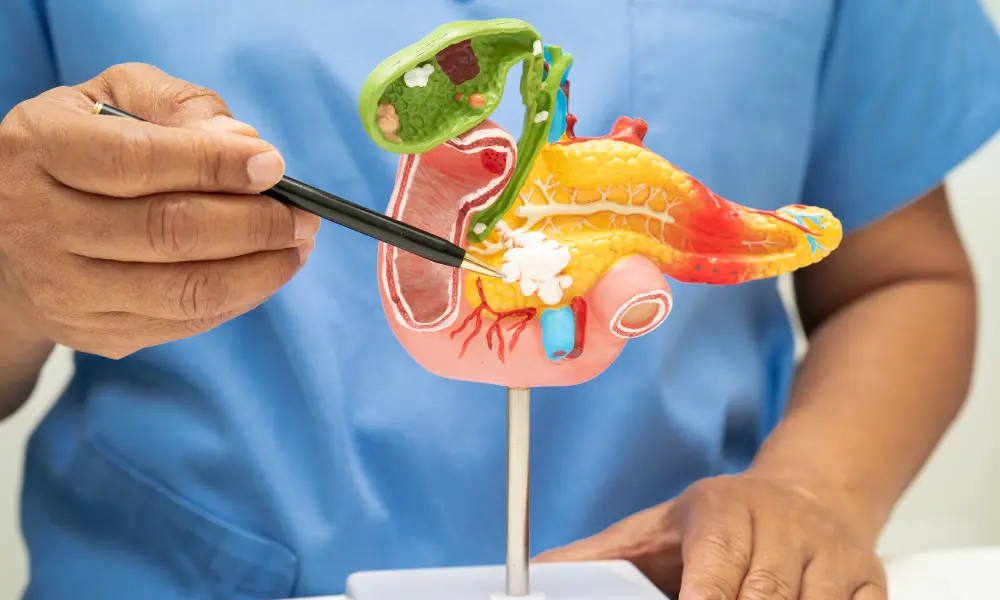Even among much younger women, India sees a high number of uterus removal cases, which experts said may negatively impact women’s physical, social, and mental health.
New Delhi: On Wednesday, health professionals from various fields expressed concern over the rising trend of hysterectomy (uterus removal).
Even among much younger women, India sees a high number of uterus removal cases, which may negatively impact women’s physical, social, and mental health, according to experts.
According to Amita Bali Vohra, DDG, Government of India, “Families are major decision-makers in our society when it comes to women’s health, so families need to be made aware of such issues so that the women have their support in seeking the best medical advice.”
Vohra said that as childbearing is completed early in India, more and more younger women are going for hysterectomies. She added that guidelines should be in place to educate and guide these women. The event was held here to raise awareness about unnecessary hysterectomies in the nation.
The event was held as a part of the nationwide “Preserve the Uterus” campaign, which Bayer, the Federation of Obstetric and Gynecological Societies of India (FOGSI), and the International Health and Women’s Council (IHW Council) launched in April. The campaign focuses on policy perspectives in states, strengthens health systems to address women’s health issues, and raises awareness of the effects of hysterectomies.
The “Preserve the Uterus” campaign aims to educate women and healthcare professionals about contemporary and alternative approaches to treating gynaecological diseases and the effects of hysterectomy so that women can be empowered and make knowledgeable decisions.
NITI Aayog Senior Consultant (Health) K. Madan Gopal noted that work is underway to bring gynaecological care into focus as opposed to obstetric care, which has been the government’s focus area for the last couple of decades when discussing government initiatives on women’s health.
Gopal stated that more extensive screenings and diagnostic care for women’s health need to be started. Many women report experiencing health problems after hysterectomies, including back pain, vaginal discharge, weakness, issues with their sexual health, and incontinence.
Younger age at hysterectomy affects the individual’s mental health and risk of cardiovascular disease, stroke, and osteoporosis. Hysterectomy is the second most common gynaecological surgery in India.
According to Manoj Saxena, Managing Director of Bayer Zydus, “Bayer is committed to driving innovation in women’s healthcare and works with like-minded partners on issues that significantly impact women’s lives.
“For economic reasons, a woman’s rights to control her body and her health cannot be ignored, putting those rights at risk. Initiatives like these will go a long way in boosting health awareness and elevating women’s reproductive health as social media usage, especially in rural areas, rises “said the CEO of the IHW Council, Kamal Narayan.
The median age for having undergone the procedure is thought to be 34 years old, according to the most recent NFHS data. According to the experts, it is below global trends, which suggests that the procedure is carried out close to menopause.





